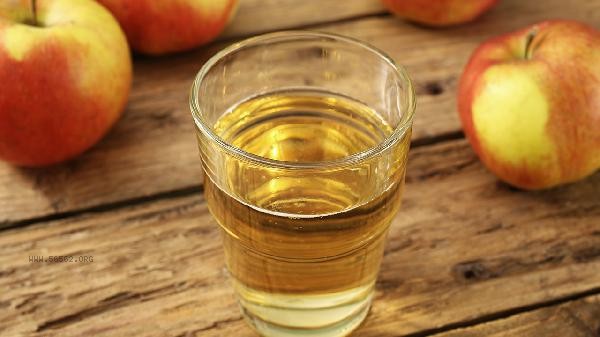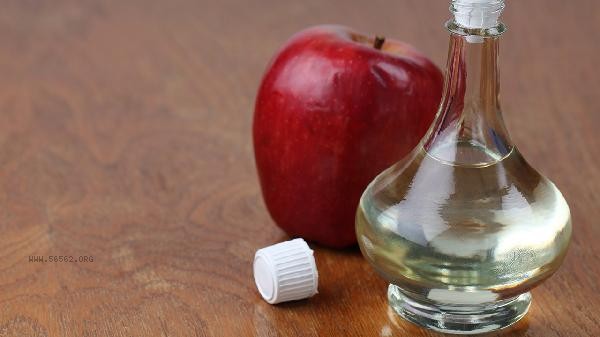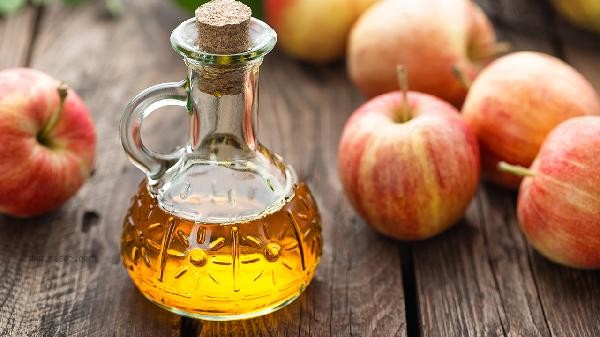Apple cider vinegar neither has a direct hemostatic effect nor a clear blood activating effect. The main components of apple cider vinegar are acetic acid, pectin, and a small amount of polyphenolic substances. Its effects mainly focus on regulating gastrointestinal function and assisting in sugar control. The acetic acid in apple cider vinegar may have a slight anticoagulant effect by inhibiting platelet aggregation, but this effect is extremely limited and cannot achieve clinically significant blood activating effects. Apple cider vinegar cannot replace professional hemostatic drugs or anticoagulant therapy for patients with traumatic bleeding or postoperative recovery. Existing research shows that apple cider vinegar has a much lower impact on coagulation function than drugs such as aspirin, and there is a lack of human trial data to support its role in regulating blood circulation. There is a folk belief that apple cider vinegar can be applied externally to stop bleeding, but high concentrations of acetic acid may irritate the skin and mucous membranes, which can actually delay wound healing. For patients with coagulation disorders or taking anticoagulant drugs, excessive consumption of apple cider vinegar may increase the risk of bleeding, but daily dietary intake usually does not have a significant impact.

It is recommended to use apple cider vinegar as a regular seasoning in moderation, with a daily consumption not exceeding 30 milliliters. It should be diluted more than 5 times to reduce irritation to the gastrointestinal mucosa. Individuals with bleeding disorders, gastric ulcers, or currently taking anticoagulant drugs should consume with caution. If abnormal bleeding occurs or coagulation function needs to be adjusted, timely medical treatment should be sought instead of relying on dietary therapy. Commonly used hemostatic drugs in clinical practice, such as tranexamic acid and prothrombin complex, or anticoagulant drugs such as warfarin and rivaroxaban, should be strictly used according to medical advice.










Comments (0)
Leave a Comment
No comments yet
Be the first to share your thoughts!